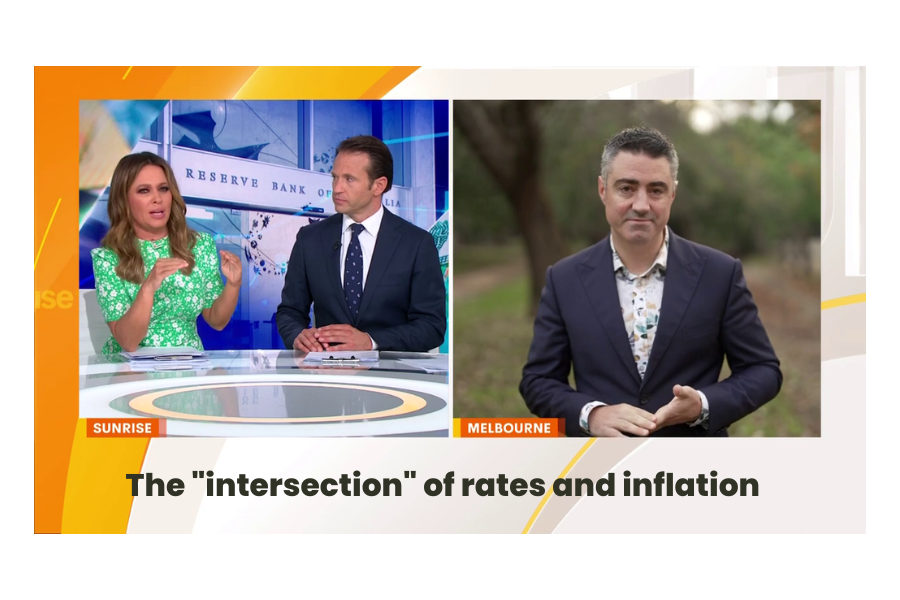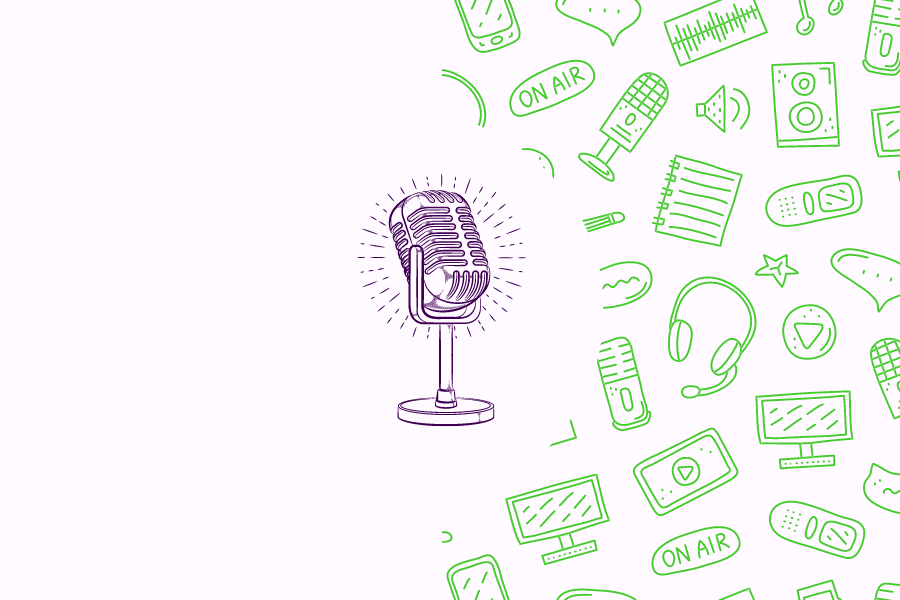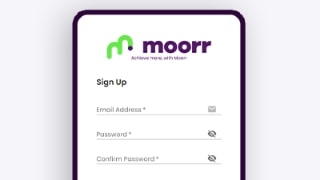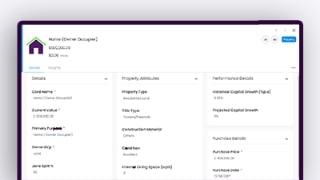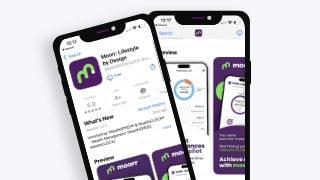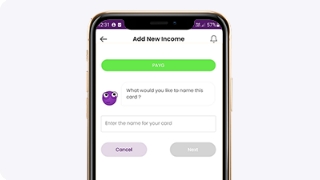With all the current challenges around cost of living, 13,800 Australian households shared their long-term thoughts about what money means for them. Whilst most insights confirm some sage thinking, there remains a big gap between what we aspire to have versus what we end up with.
Moorr, a personal finance & wealth building platform, have just released the results of its ‘What Does Money Mean for You’ survey.
Designed to help everyday Aussies think about what and how having money can best serve them over time, 13,832 Moorr users picked from a list of 54 different options on what money means to them.
“I’ve interviewed and spoken to thousands of people about what money means and provides for them, and many often struggle to articulate their thoughts on this subject. That’s why we introduced a questionnaire like this because it helps people think more deeply about and explore how money will best serve them. Having this big picture clarity also makes the next steps of planning and setting about achieving these outcomes more connected and tangible,” said Ben Kingsley, one of the co-creators of Moorr.
Not surprisingly, ‘Security’ ranked at the very top of the list, with 10,406 users selecting it as part of their core items of importance. That result was a tick over 75% of all respondents.
Drawing further focus on the importance of financial safety was ‘Stability’ (7,406) which came in at number 7 and ‘Peace of Mind’ (6959) which ranked at number 9.
The Top 10 results were:
- Security
- Freedom
- Work-Life Balance
- Providing for Family
- Travel
- Time with Family
- Stability
- Comfort
- Peace of Mind
- Lifestyle Choices
At least one or more of the top 10 selections were found in almost 50% of all questionnaires completed.
“When you look at this top 10 list, you really get a sense of what is important for most Australians. They want to be financially secure, and they want to take care of themselves and their families. They also want more free time, for which travelling is a high priority for many,” Kingsley explained.
With such a large list of categories (54) to choose from, the questionnaire was designed to explore the several different impacts money can and does have on our lives – from its functional utility as the universal exchange for goods and services, to consideration to the time it takes us to earn it and some of the more intangible outcomes in terms of how it can make us feel or behave.
Some of the more surprising results included ‘Better Health’ which only ranked 25th on the list, when many believe ‘your health is your wealth’. Also, a ‘Better Home’ only ranked 30th on the list, when property website and home improvement shows are considered a favourite pastime for many Australians.
A lower ranking of these two categories could be the result of a younger user profile on the Moorr platform as well as those who are currently content with their homes.
Of the other more interesting results in the data is where ‘Control’ ranked – at number 22. This ranking confirms what many money experts who help Australian households manage and invest their money observe, and that is, effort and over-confidence.
“From years of experience in dealing with folks in this space, the biggest gap in terms of wanting financial stability versus achieving financial stability is the lack of effort – in terms of the time, attention and trade-off decisions that need to be made for some delayed gratification. The other big one is over-confidence, where they think they are pretty good money managers, but in fact there are opportunities for improvement in lots of places, and that’s usually resulting in their money not working as hard as it could be for them,” said Kingsley.
As values and priorities differ from person to person and household to household, it is important to think about your own relationship with money and how it can best serve you, rather than you being a slave to it. Questionnaires like this make you think about money in terms of personal well-being & growth, relationships & family, lifestyle & enjoyment, and finally social impact & contribution.
Kingsley said;
“The more you think about what money means to you, the more you bring it into your conscious thought and hopefully your future actions.”
About the ‘What Does Money Mean to You’ Questionnaire Results
Results are anonymised aggregated totals by users who have completed the questionnaire within the Discovery Section of the web version of the Moorr platform.

| Category | Count |
| Security | 10406 |
| Freedom | 9692 |
| Work life balance | 8837 |
| Providing for family | 8463 |
| Travel | 7842 |
| Time with family | 7623 |
| Stability | 7406 |
| Comfort | 7397 |
| Peace of mind | 6959 |
| Lifestyle choices | 6710 |
| Improved lifestyle | 6692 |
| Growth | 6193 |
| Choose what i want to do | 5922 |
| Work less | 5921 |
| Happiness | 5117 |
| Personal time | 5082 |
| Take care of yourself | 5013 |
| Success | 4657 |
| Relaxation | 4610 |
| Time for hobbies | 4535 |
| Adventure | 4473 |
| Control | 4449 |
| Generosity | 4422 |
| Realising dreams | 3992 |
| Better health | 3861 |
| Accomplishment | 3784 |
| Better education for kids | 3430 |
| Fulfillment | 3396 |
| Purposeful life | 3330 |
| Better home | 3279 |
| Finer things in life | 2971 |
| Optimism | 2882 |
| Self worth | 2634 |
| Volunteer work | 2485 |
| Self confidence | 2482 |
| Help society | 2430 |
| Inspiring others | 2427 |
| Pride | 2113 |
| Start own business | 2029 |
| Not wanting for anything | 1967 |
| Holiday home | 1865 |
| Results | 1829 |
| Abundance | 1619 |
| Quiet times | 1318 |
| Power | 1250 |
| Better car | 1185 |
| Compassion | 1118 |
| More big kids toys | 1026 |
| Study again | 1004 |
| Influence | 963 |
| Actualisation | 707 |
| Style and grace | 655 |
| Recognition | 477 |
| More jewellery | 112 |
| Total Completed Questionnaires | 13,832 |
